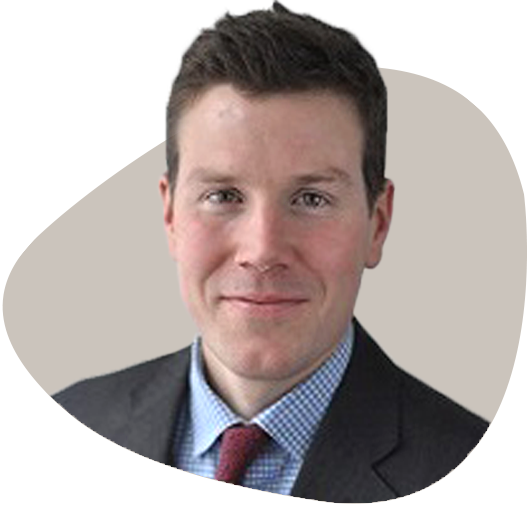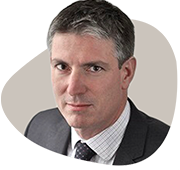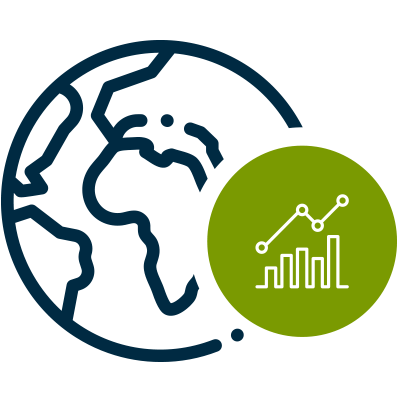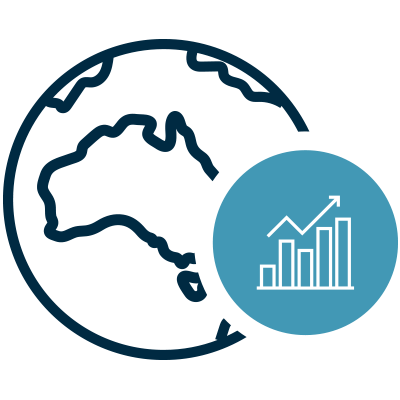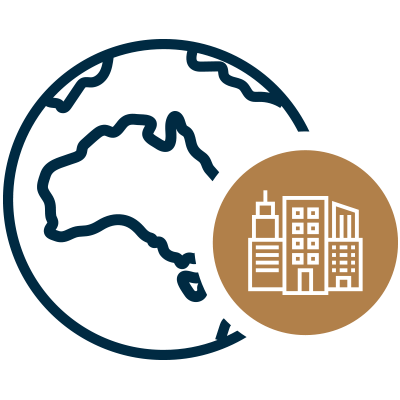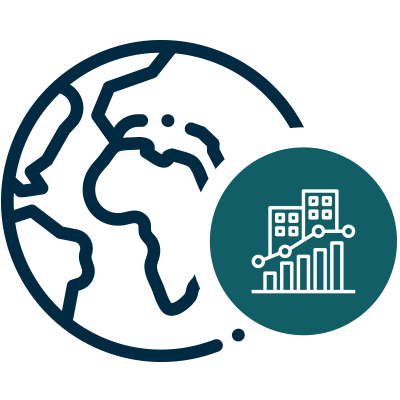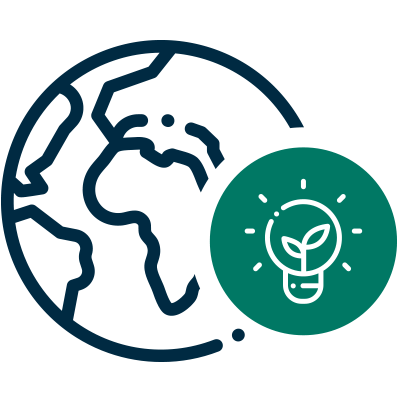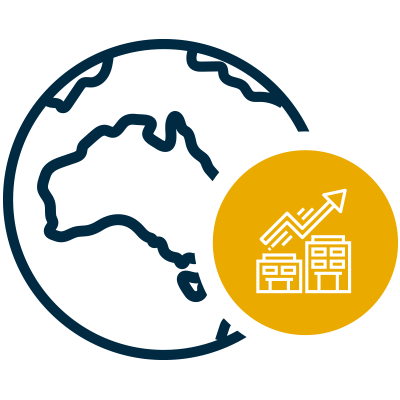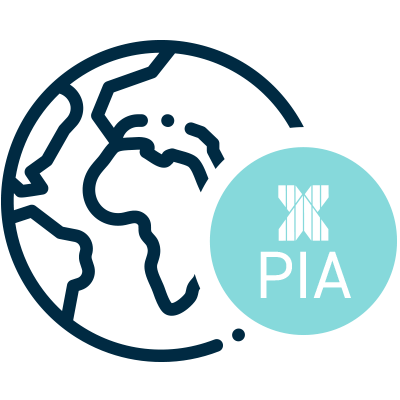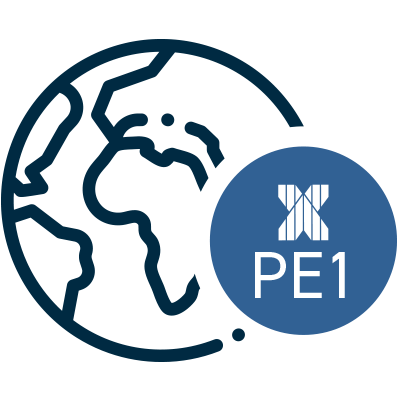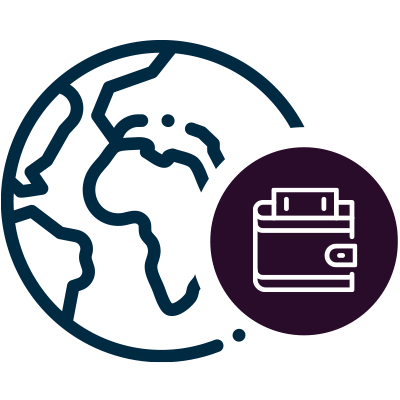SUMMARY
With Australia’s inflation rate now sitting at 5.1%, every supermarket aisle has seen price rises, and many staples including lettuce and broccoli have more than doubled in price over the last two years. Similar headlines can be seen throughout the world. This is putting immense pressure on low-income families, who are forced to spend a much larger proportion of their budget on food. Senior Analyst Claire Jervis takes a look at some of our portfolio holdings that are contributing to long term solutions for improving and increasing global food production.
We are pleased to announce that, in New Zealand, the Pengana WHEB Sustainable Impact Fund has won Mindful Money’s “Best Ethical Overseas Fund”. The judges were impressed by the thought leadership that Fund has shown and recognised that it looks beyond investments in companies that create positive impact to also seek out companies that can catalyse change. The judges also commended the WHEB fund on its strong analytical approach to engagement and voting, along with excellent communications to financial advisers and clients.
In other news, WHEB has been named a 2022 Best for the World™ B Corp™ in recognition of its exceptional positive impact on its Customers – for a fifth time. We’re thrilled to have been recognised again. More details can be found here.






